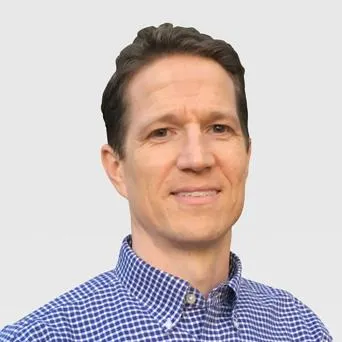SUSTAINABLE SYSTEMS FORUM: Sustainability Lenses on Environmental Challenges, Old and New
ABSTRACT:
This seminar aims to weave together recent work on two disparate challenges: sewage policy and PFAS (Per- and Polyfluoroalkyl Substances) modeling for PFAS substitution. Sewage is an old problem; however, managing sewage is still a global health problem, and it intersects with at least three of the US National Academy of Engineering’s Grand Challenges. I’ll show results that current global policy objectives may be counterproductive. PFAS is a hot topic; it intersects with one of the Grand Challenges, and the amount of money being spent on PFAS remediation and replacements suggests the US views PFAS as a uniquely grand challenge. I’ll show results that emphasize the importance of uncertainty in modeling. Together, we will discuss challenges shared by all sustainability assessments and talk about ways to address those challenges.
BIO:

Dr. Andrew Henderson (he/him/his) is a forward-thinking environmental engineer with more than 10 years of experience in systems thinking, cross-disciplinary work, groundwater remediation, fate and transport modeling, and application of life cycle assessment (LCA) to large systems. Before joining ERG, he worked in both academia (the University of Texas School of Public Health) and government (the U.S. Environmental Protection Agency’s National Risk Management Research Laboratory). Andrew’s clients have ranged from U.S. agricultural groups to the U.S. Department of Defense to international commodities associations. For the UN Environment Programme’s Life Cycle Initiative, he co-chaired the Acidification/Eutrophication Task Force and served on the Cross-Cutting Issues Task Force. Trained as a geochemist, Andrew employs modeling and other analyses to assess and improve groundwater treatment systems, such as permeable reactive barriers. He applies this fundamental knowledge to larger systems, as well, by bringing multimedia fate and transport data into LCA, applying ecosystem service models in novel settings, and developing global models for sector-based occupational health.
Andrew holds a B.A. in physics from Williams College and an M.S. and Ph.D. in environmental and water resources engineering (from the University of Texas and the University of Michigan, respectively). When not reading about or modeling the environment, Andrew likes to be outside with his wife and daughter in a wide range of environments—from enjoying their backyard to hiking in state parks.